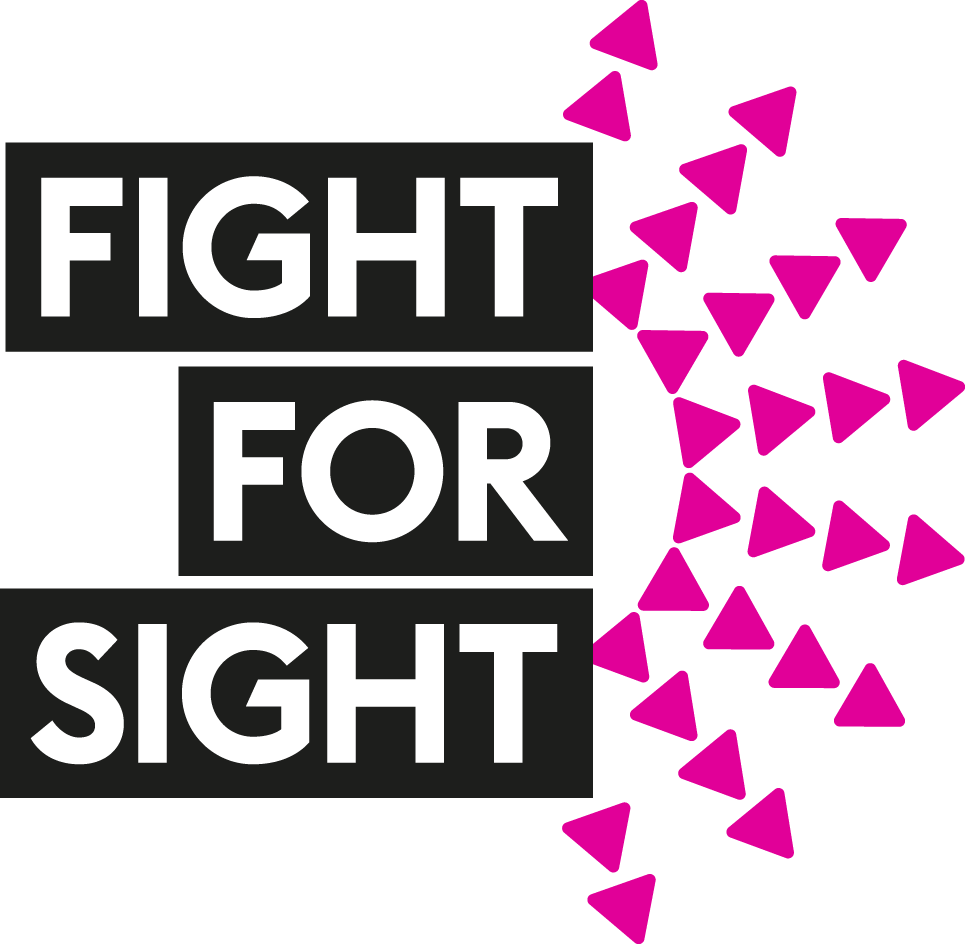Canadian gene therapy trial to treat choroideremia
Biopharmaceutical company Nightstar announces new study at the University of Alberta.
Biopharmaceutical company Nightstar has announced that a new gene therapy clinical trial for choroideremia will take place at the University of Alberta in Canada.
Choroideremia is a rare inherited cause of severe sight loss that only affects the male population. Symptoms start in childhood with trouble seeing at night and eventually lead to complete blindness by around the age of 40. There is currently no treatment.
The condition is caused by faults in the CHM gene, which codes for a protein called REP-1. Initial work supported by the Tommy Salisbury Choroideremia Fund at Fight for Sight meant that researchers at Imperial College London were able to find out what REP-1 does.
Promising results
A team led by Professor Robert MacLaren at Oxford’s Nuffield Laboratory of Ophthalmology then developed ground-breaking therapy to repair the fault. The world’s first clinical trial of the therapy reported promising results in The Lancet in 2014.
Six male patients will take part in the Canadian Phase II study to find out more about how safe and effective the treatment is. They will each receive an eye injection of a virus that’s been engineered to safely carry a healthy copy of the choroideremia gene into cells in the light-sensitive part of the eye.
Ian MacDonald, Professor of Ophthalmology and Visual Sciences, University of Alberta commented:
“We are very excited to be working with Nightstar and to have treated our first choroideremia patient. Choroideremia is a devastating condition for individuals and families, but we believe our new gene therapy will arrest any further deterioration of vision and will provide long lasting benefit. The next challenge will be making this therapy available to all individuals with the condition as soon as we possibly can.”


